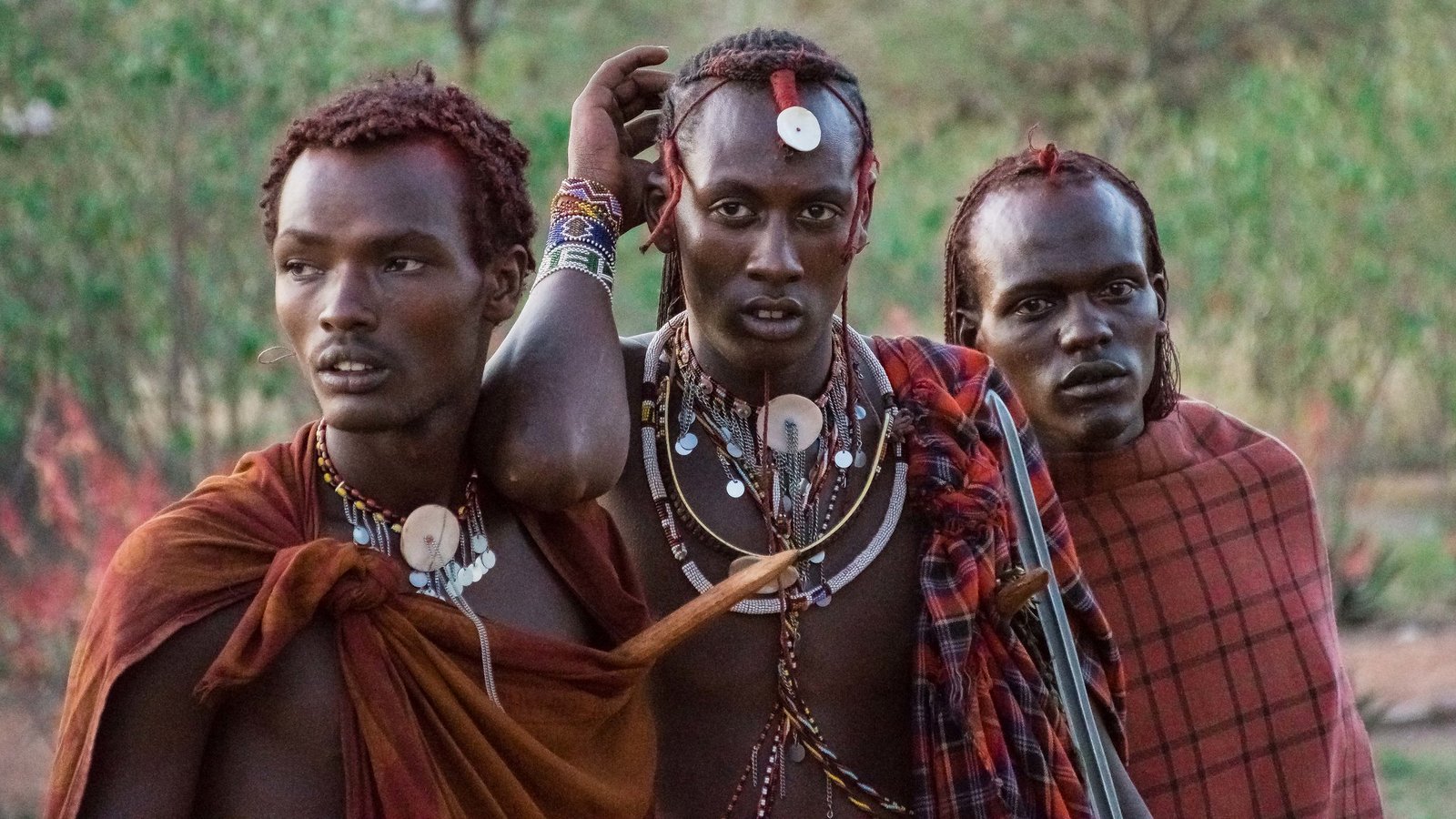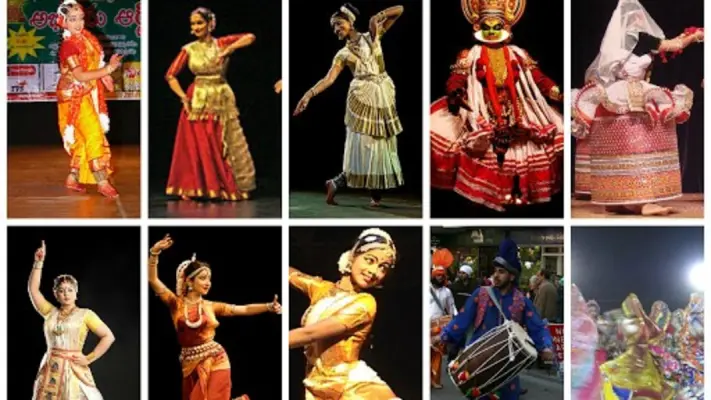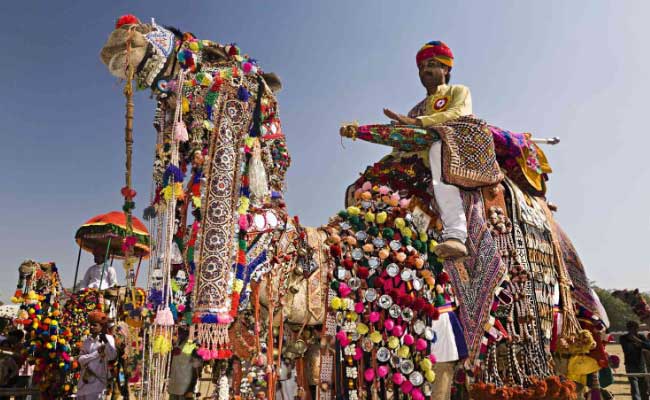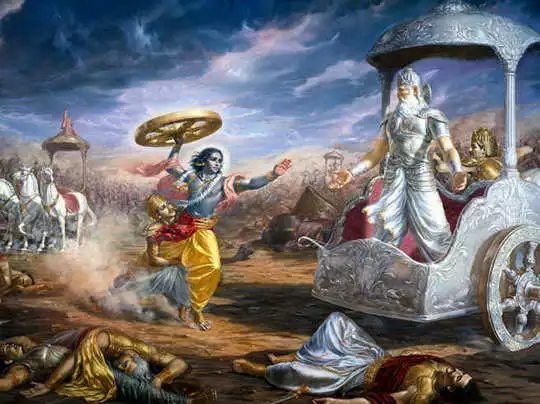Africa is a continent of rich cultural diversity, home to thousands of ethnic groups and tribes, each with its own language, traditions, and social structure. The continent’s tribal communities are integral to its history, heritage, and identity. Understanding the types of African tribes provides insight into their unique lifestyles and contributions to global culture.
1. Maasai Tribe (Kenya and Tanzania)
The Maasai are one of Africa’s most recognized tribes, known for their distinctive red clothing, intricate beadwork, and nomadic pastoralist lifestyle. They primarily herd cattle, which forms the backbone of their economy and social structure. Rituals, ceremonies, and age-set systems are key aspects of Maasai culture.
2. Zulu Tribe (South Africa)
The Zulu are the largest ethnic group in South Africa. Renowned for their warrior history, the Zulu maintain vibrant traditions, including dancing, singing, and colorful beadwork. They have a strong community-based structure led by chiefs, and their cultural practices continue to influence modern South African society.
3. Himba Tribe (Namibia)
The Himba people are semi-nomadic pastoralists living in northern Namibia. They are famous for covering their skin with red ochre, which protects them from the sun and gives a distinctive appearance. Family and community are central to Himba life, with customs and rituals passed down through generations.
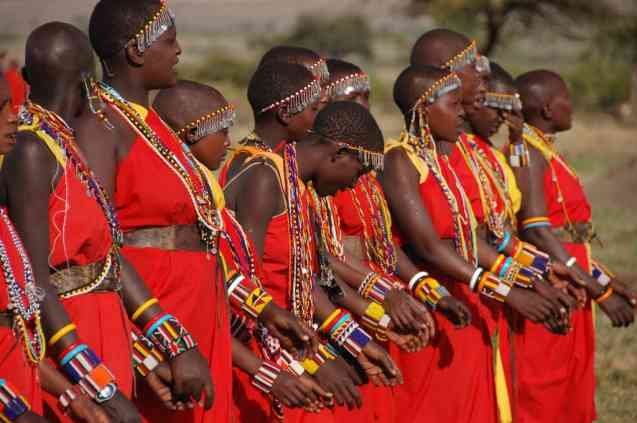
4. Berber Tribe (North Africa)
The Berbers are indigenous to North Africa, mainly Morocco, Algeria, and Tunisia. Traditionally, they are known for their unique language, Amazigh script, and vibrant cultural festivals. Many Berbers are farmers and artisans, preserving ancient traditions despite modern influences.
5. San Tribe (Southern Africa)
The San people, also called Bushmen, are among the oldest inhabitants of Southern Africa. Historically hunter-gatherers, the San are renowned for their survival skills, storytelling, and rock art. They maintain a deep connection to nature and have one of the world’s most enduring indigenous cultures.
Africa’s tribal diversity is a testament to the continent’s rich history and cultural heritage. From the nomadic Maasai and Himba to the artistic San and Berber communities, each tribe contributes unique traditions, languages, and wisdom. Preserving these cultures is crucial for maintaining Africa’s identity and passing its legacy to future generations.
What Is Middle East and Why Is It Called Middle East?
What Is It Called Latin America?
![]()

